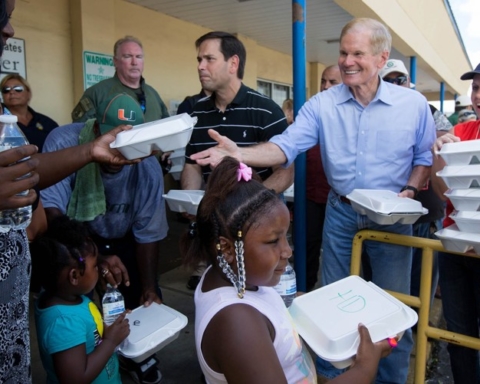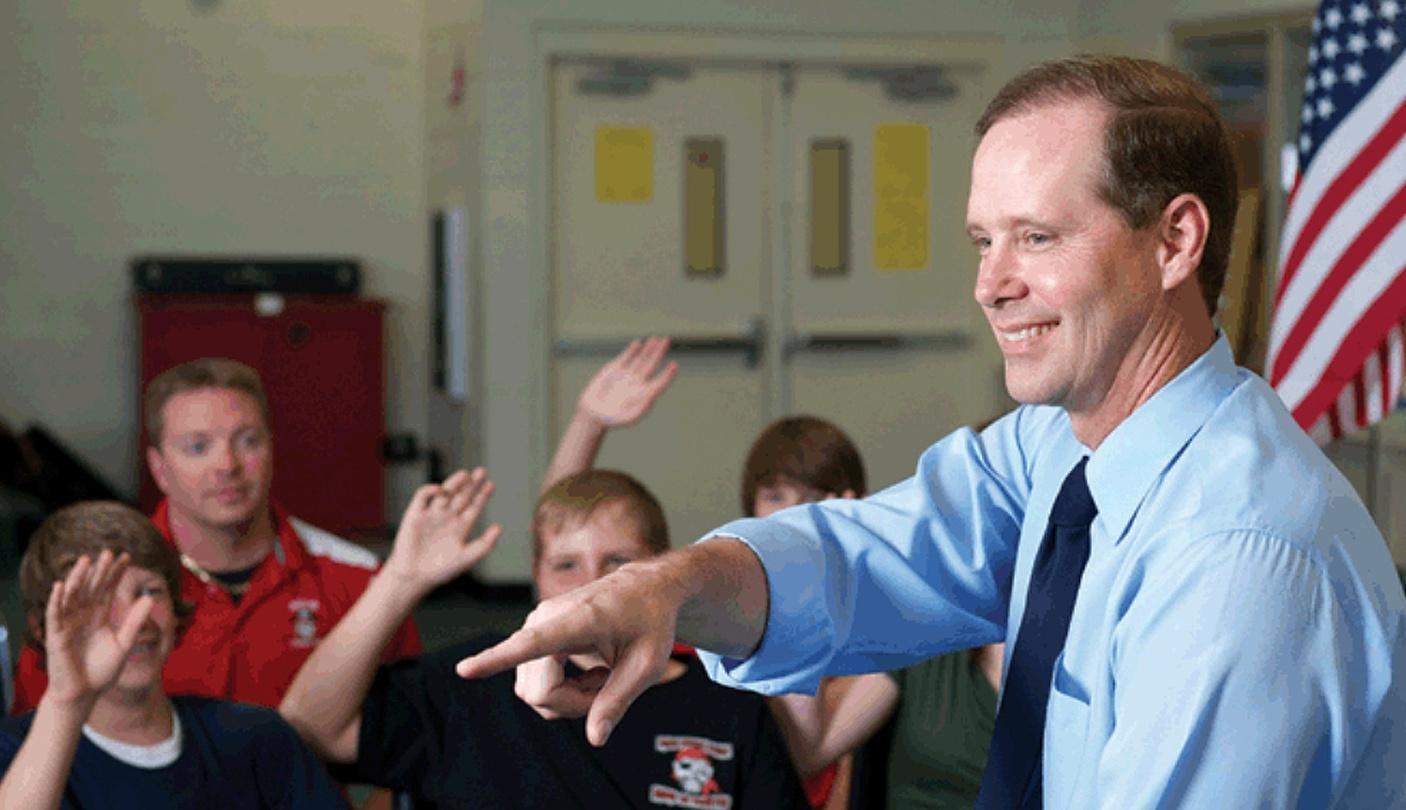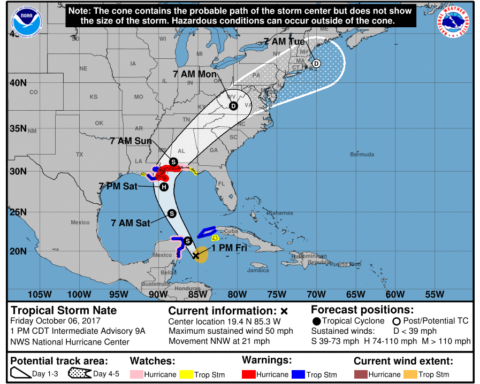PANAMA CITY BEACH, Fla. (AP) — Tourism officials who survived Florida’s other Spring Break fevers are ready to help Panama City Beach out of the horror show that led to a woman being sexually assaulted on the sand as hundreds of revelers looked on.
“Shame on Panama City Beach for letting itself devolve into what it has become,” said Nicki E. Grossman, now president of the Greater Fort Lauderdale Convention & Visitors Bureau.
She said she’s sending a letter to her Panama City Beach counterparts describing just how her city did it.
“Beer, vomit and urine, that’s not what we wanted,” Grossman said.
Her recommendation: Clamp down and seek a higher-spending clientele. Enforce tighter beach drinking rules, eliminate traffic patterns that encourage cruising, and invest in tourism infrastructure. These moves helped turn Fort Lauderdale’s image around and multiplied its spring-break economy tenfold, she said.
Authorities in Bay County, which includes Panama City Beach, are already taking some of these steps. The Tourist Development Council voted Tuesday to spend $120,000 more on security, to help deputies enforce a new ban on alcohol consumption on the city and county’s beaches between March 1 and April 18.
The ban took effect April 1, in the midst of a Spring Break that now attracts 300,000 partiers and generates millions in revenue each year.
Businesses that profit from an anything-goes atmosphere are going to fight this crackdown, Bay County Commissioner Mike Thomas predicted.
Some clubs make $40,000 to $50,000 a night just in cover charges to people under 21, and some hotels do half their annual business during Spring Break alone, he said.
“They not going give that up without a fight,” Thomas said. “It is hard to have family squabbles like this but our house got messed up and we got to clean it up.”
Bay County Sheriff Frank McKeithen, who described a “graphic” cellphone video of the sex assault as the “most disgusting, sickening thing” he had ever seen, praised local officials for giving him the tools to “take back our beaches” after a sharp rise in crime.
So far this season, 49 guns have been seized, up from nine in 2014. Deputies also investigated a shooting that wounded seven people at a beach house, and identified a 17-year-old girl who was recorded dancing nude on a beach surrounded by men to make sure she was safe.
“Spring Break has made enough news. The less said about it the better,” the tourism council’s chairman, Mike Bennett, said after Tuesday’s vote. “We’re moving on.”
Grossman has been in Bennett’s shoes. She led a charge in the mid-1980s to end Fort Lauderdale’s run as the state’s Spring Break capital. It didn’t make her popular at the time.
Americans coming of age have made Florida synonymous with Spring Break for generations, and the attraction has been mutual. Beach towns have tolerated and in some instances, even welcomed the hard-partying students as a last chance to bring in serious cash before the sleepy summer season.
“People think it’s just a magic time, it’s a sacred experience,” said Andy Holdnak, a professor of hospitality and tourism at the University of West Florida in Pensacola.
Fort Lauderdale was hit with waves of drinking, sex and mayhem after George Hamilton and Connie Francis starred in “Where the Boys Are” in 1960. The stern voice of a southern cop introduced the trailer, saying “Fort Lauderdale is once again under fire from the north.”
This rite of passage has shifted around the Sunshine State since then as town after beach town cracked down.
Daytona Beach took the crown from Fort Lauderdale, attracting big-haired girls in Day-Glo bikinis who danced to the Beastie Boys. Even sleepy St. Pete Beach got in on the action, after the movie “Spring Breakers” came out in 2012, showing a fictional version of the less-than-savory side of the state’s annual ritual.
In real life or celluloid fantasy, adults still wring their hands over the excess and tragedies, from alcohol poisonings to sex assaults to balcony falls.
Now it’s Panama City Beach’s turn to say “enough.”
“We are not overrun with college students, we are overrun with thugs, and that is the problem. It is impossible to pass laws that people who do not follow the laws will obey,” Thomas said.
Zack Sasser, who rents out equipment on the stretch of beach where the assault happened, rejects that idea.
“The only difference between what is happening now and what happened 10 years ago is the Internet,” Sasser said while picking up beer cans, cigarette butts and the occasional condom behind the popular Spinnaker Beach Club.
“People film everything now and post it online,” Sasser said.
Daytona Beach also saw this movie before. It took its officials years to replace MTV’s televised debauchery with a season now promoted as “Spring Family Beach Break.” College students still come to party, but do it quietly, alongside Gen-Xers who once let loose before having families of their own.
“It’s a much healthier mix of people now,” said Lori Campbell Baker, public relations director for the Daytona Beach Convention and Visitors Bureau. She points to a video she recently posted: It shows an elderly woman, who says she really enjoys vacationing with her grandchildren in Daytona this time of year.
Republished with permission of the Associated Press.








